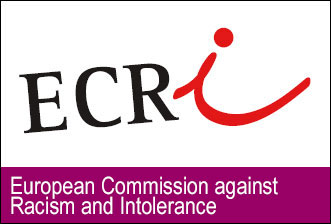Round Table “Combating racial discrimination and intolerance in Romania”

ECRI’s Round Table in Romania was the first event in a series of national round tables in the member States of the Council of Europe, which are organised in the framework of ECRI’s new Programme of Action on Relations with Civil Society.
The reasoning behind this new Programme of Action is that racism and intolerance can only be successfully countered if civil society is actively engaged in this fight: tackling racism and intolerance requires not only action on the part of governments (to whom ECRI's recommendations are addressed), but also the full involvement of civil society. ECRI attaches great importance to ensuring that its anti-racism message filters down to the whole of civil society, and also to involving the various sectors of society in an intercultural dialogue based on mutual respect.
The main themes of this Round Table were
(1) ECRI’s Report on Romania,
(2) Romania’s new anti-discrimination legislation,
(3) Romania’s Strategy for Improving the Situation of the Roma and
(4) the role of the Media in fighting racism and xenophobia.
In its recently published Report on Romania, ECRI acknowledges that Romania has recently taken a number of steps to combat racism and discrimination, including the introduction of a comprehensive anti-discrimination law, the development of a strategy to improve the situation of the Roma community, and some measures to address the problem of police misbehaviour towards members of minority groups. However, problems persist with regard to the lack of implementation of those legislative provisions, and concerning the climate of opinion in the country. The Roma/Gypsy community remains particularly disadvantaged in all fields and faces a significant level of discrimination; notably, the problem of police behaviour towards members of this minority group has not yet been entirely solved.
All those issues were discussed with representatives of the responsible governmental agencies and the victims of discrimination, in the light of Romania’s new anti-discrimination legislation and Romania’s recently adopted Strategy for Improving the Condition of the Roma. An open debate among all relevant actors helped to identify together effective ways of implementing those extremely important initiatives which have only had a limited impact.
Finally, this Round Table also acknowledged the important role that the media play in the fight against racism and intolerance. The mass media have a unique position in society, as the way in which they create and disseminate common cultural references may have an important influence on people’s attitudes.



